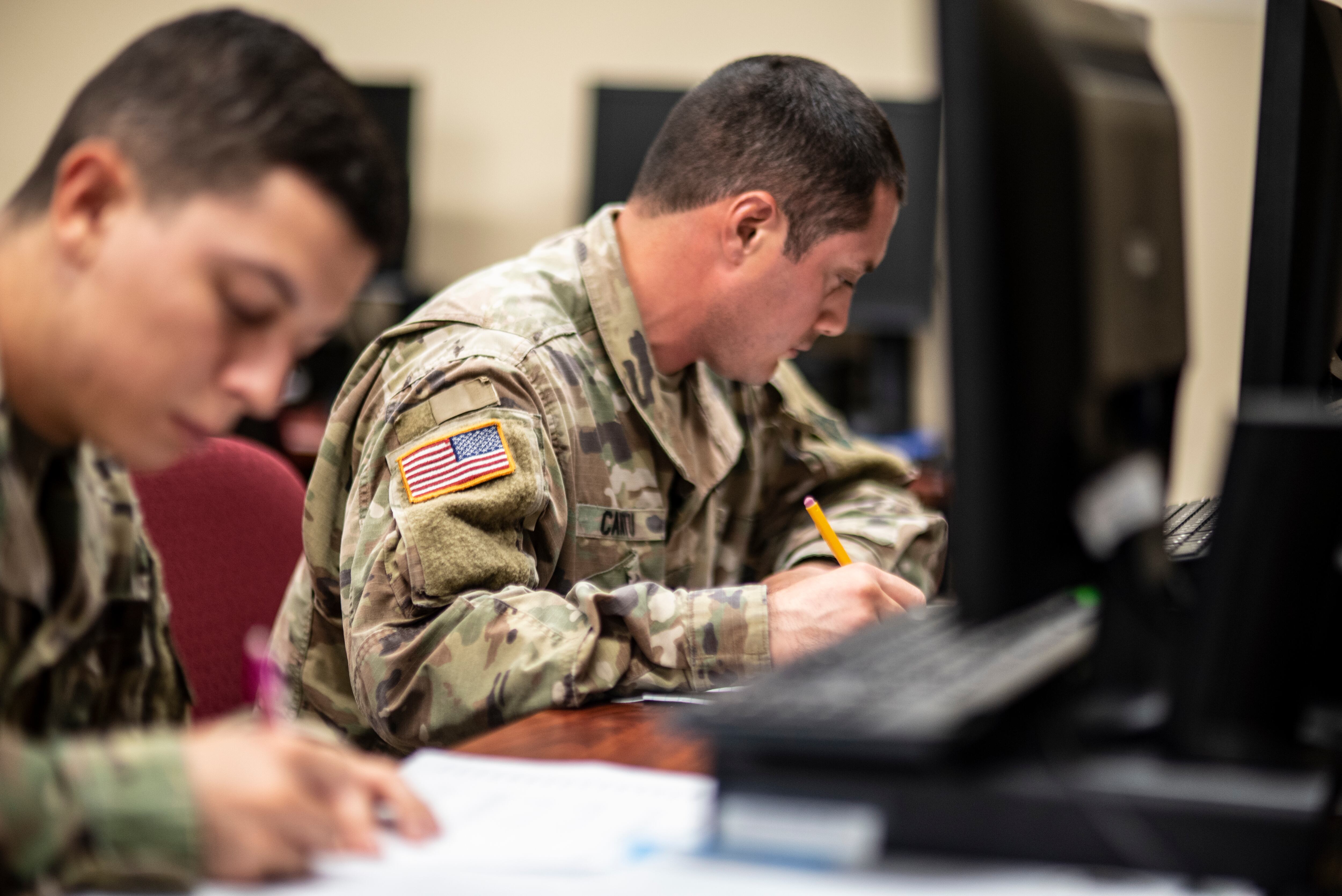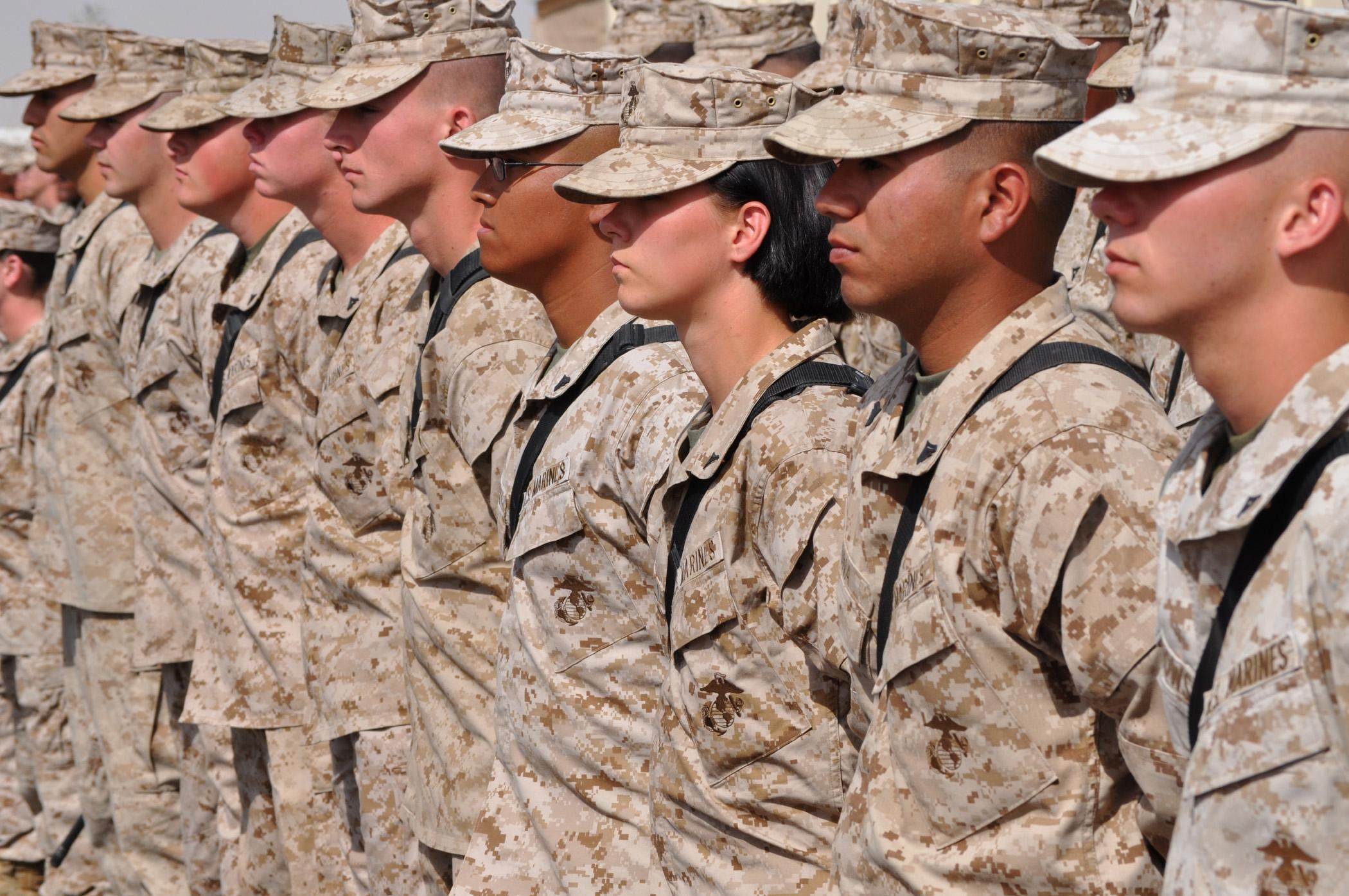RALEIGH, N.C. — For an elite band of U.S. Marines known as the Raiders, the fiery military plane crash this week in Mississippi represents a second devastating blow during training in less than three years. Six Marines and a Navy corpsman from a Raider unit died Monday on their way to training exercises, linking them in tragedy with seven members of the same North Carolina-based command who died in a March 2015 helicopter crash off Florida.
The present incarnation of the Marine Raiders was formed in 2006 amid the global war on terror — making it the newest of the military's counterterrorism forces that also include the Army's Special Forces and Navy SEALs. The group was officially named the Marine Raiders in 2015 to link its heritage to World War II commando units made famous in movies.
The Raiders' command now has about 2,700 troops, including those in intelligence and support roles, according to spokesman Maj. Nick Mannweiler.
Tragedy also struck the close-knit command in March 2015 when seven of its Marines died with four soldiers in a helicopter crash during training off Florida. Mannweiler said he knows of no other significant training losses in the decade-long existence of the Marine Special Operations Command, or MARSOC. At least 31 members of MARSOC have died in combat, Mannweiler said.
The Marines killed this week were headed to Yuma, Arizona, with guns, ammunition, radios and body armor to participate in training for an eventual deployment somewhere in the Middle East. Mannweiler said such pre-deployment training in the desert would have likely ranged from urban combat to language skills.
Mannweiler said the Raiders' flight aboard a Marine Corps Reserve airplane wasn't an unusual arrangement because the command doesn't have its own planes.
"Marine Corps aircraft are always our personal preference," Mannweiler said in an interview. "We'll catch a ride however it makes the most sense."

The United States flag flies at half-staff over the state Capitol in Raleigh, N.C., Wednesday, July 12, 2017, following the death of six Marines and a Navy sailor from Camp Lejeune, who were among the 16 service members killed Monday when their plane crashed in a field in rural Mississippi. The plane was a KC-130T, a tanker from Marine Aerial Refueling and Transport Squadron 452, a Marine Forces Reserve unit based in Fort Stewart, N.Y.
Photo Credit: Gerry Broome/AP
Mannweiler said the crash in Mississippi will be felt acutely in the tight-knit group of Marine Raiders and their families.
"This is a closed-loop community," he said. "The loss of seven Marines from a battalion literally impacts the entire organization."
The Raider name was made famous by World War II Marine units that carried out risky amphibious and guerrilla operations that were dramatized in books and movies such as "Gung Ho!" in 1943 and "Marine Raiders" in 1944.
The original Marine Raiders were organized in response to President Franklin Roosevelt's desire to have a commando-style force that could conduct amphibious raids and operate behind enemy lines. Raider leaders studied unconventional warfare tactics and were credited with beating larger Japanese forces on difficult terrain in the Pacific. Their name wasn't used in an official capacity by the Marine Corps for decades after World War II.
When the Raider name was re-adopted in 2015, the Marine Corps said the moniker offered its elite personnel special shorthand similar to Army Green Berets or Navy SEALs. Marines in MARSOC must pass a selection process that includes grueling swims and hikes, as well as specialized combat training.
While the training has some similarities to special units in the Army and Navy, retired Navy officer Dick Couch wrote in a 2015 book that members of MARSOC are known for their marksmanship and maturity, when compared with other branches' elite. In "Always Faithful, Always Forward," Couch wrote that he was "in awe" of how the Marines Corps needed so little time to develop an effective training program to make its "brotherhood within a brotherhood" ready for combat.
"They're an excellent addition to the special operations mix," Couch said in a phone interview Wednesday. "I'm sorry to see they lost some people. They're in a risky business. It can happen in training or in combat."




